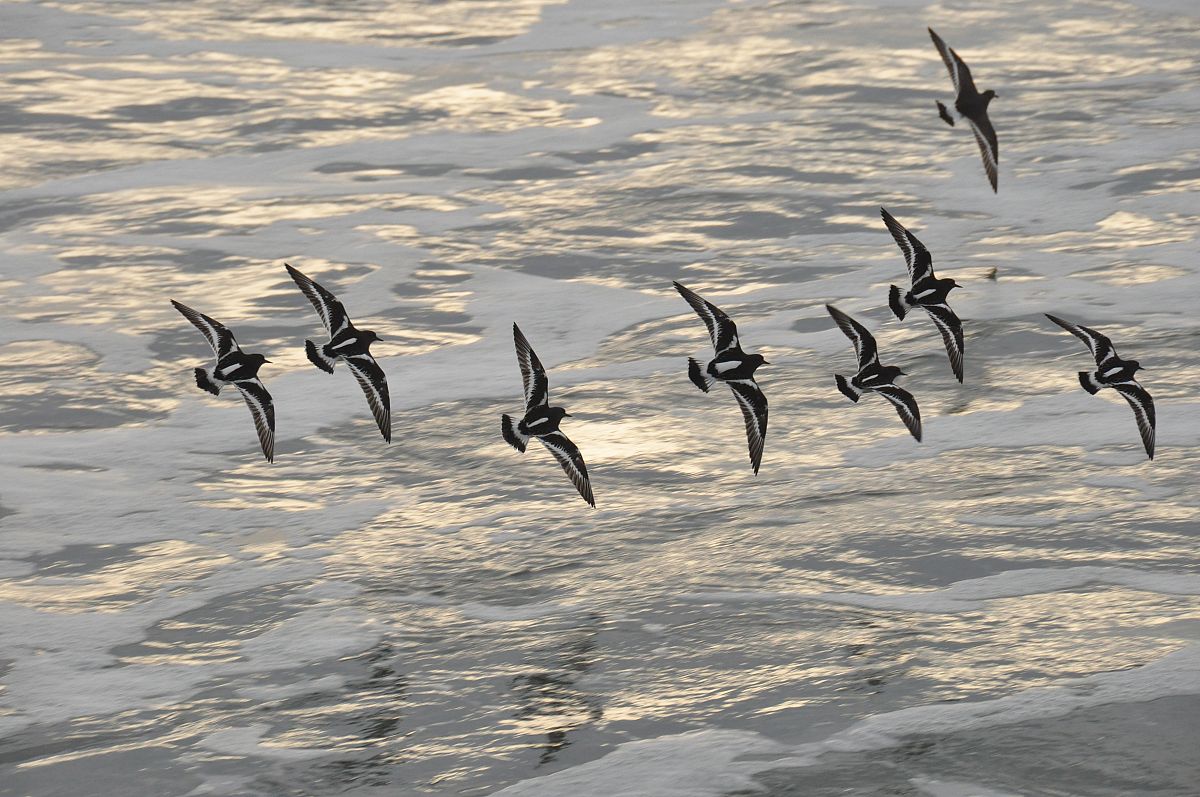Lebanon’s Mediterranean coast has long been a cradle of biodiversity, culture, and community life. Yet in recent decades, this once-thriving seascape has come under siege—pollution, overfishing, habitat destruction, and haphazard development have left its marine ecosystems fractured and vulnerable.
But a new path is emerging from a quiet corner of northern Lebanon. In a detailed Desktop Study led by the Marine and Coastal Resources Program (MCR) at the University of Balamand, researchers have outlined a comprehensive, science-based roadmap for establishing an effective Marine Protected Areas (MPA) Network—one that could finally give Lebanon’s sea the protection it deserves.
🌍 The Vision: From Isolated Sites to an Integrated Network
Marine Protected Areas are not new to Lebanon. Sites like the Palm Islands and Tyre Coast Nature Reserve have long served as strongholds for biodiversity. Yet without strategic connectivity, most MPAs remain isolated patches in a sea of pressure.
The Desktop Study addresses this challenge head-on. Conducted as part of a wider EU-funded initiative in collaboration with the Lebanese Environment Forum (LEF), the study proposes a systematic and ecosystem-based approach for MPA planning—aligning with global goals such as SDG 14 and the Post-2020 Biodiversity Framework.
🧪 What the Study Did
Drawing on remote sensing, GIS mapping, policy analysis, and a review of prior marine assessments, the study undertook the following:
-
Mapped 20 coastal and marine sites across Lebanon with potential for MPA designation.
-
Reviewed legal and institutional frameworks to assess implementation feasibility.
-
Classified sites based on ecological representativeness, connectivity potential, and management needs.
-
Proposed a three-scenario planning framework to support decision-making.
These scenarios ranged from a conservative expansion to a full national network of 20 MPAs. Scenario 3, the most ambitious, aligns with the 30×30 global conservation goal—protecting 30% of marine space by 2030.
🔍 Key Findings
-
High Potential, Low Protection: While Lebanon’s coastline hosts ecologically critical zones—such as estuaries, reefs, turtle nesting grounds, and seagrass meadows—many remain unprotected or degraded. Over 60% of coastal wetlands, for example, have been lost or altered.
-
Legal Fragmentation: Lebanon’s coastal and marine governance is split among multiple ministries, leading to institutional overlap and regulatory confusion. The study calls for clearer legal definitions and the creation of a unified framework for MPA designation and enforcement.
-
Community Matters: Effective MPAs require more than scientific data. They need local engagement, traditional knowledge, and municipal support. The study highlights areas—such as Naqoura, Damour, and Enfeh—where local communities could co-manage MPAs.
-
Climate Resilience: The study underscores the urgent need to protect marine areas that offer natural buffers against climate change, including coral reefs, sandy beaches, and estuaries vulnerable to rising sea levels and extreme weather.
🔧 Recommendations: From Strategy to Action
To transform this blueprint into reality, the study proposes:
-
Updating Lebanon’s MPA Strategy in light of new data and international commitments.
-
Integrating MPAs into national land-use and marine spatial planning.
-
Designating proposed sites—such as Byblos, Ras Chekka, and the Litani estuary—as formal MPAs under national law.
-
Establishing a National MPA Committee to coordinate across ministries and regions.
-
Mobilizing international funding and technical support to build capacity and implement site-level management plans.
🌊 A Turning Point for Lebanon’s Sea
This Desktop Study is more than an academic exercise—it’s a call to action. As Lebanon confronts environmental degradation, economic uncertainty, and a warming climate, the sea offers an untapped source of resilience and renewal.
The roadmap is clear. With the political will, scientific backing, and community buy-in, Lebanon can transform its fragmented coastal protections into a connected, living network of MPAs—a legacy not just for marine life, but for all who depend on the sea.
The full report is available at http://www.lbeforum.org/wp-content/uploads/2024/04/Report-1-Desktop-study-for-an-effective-MPAs-network.pdf
Read the report
Report-1-Desktop-study-for-an-effective-MPAs-network

